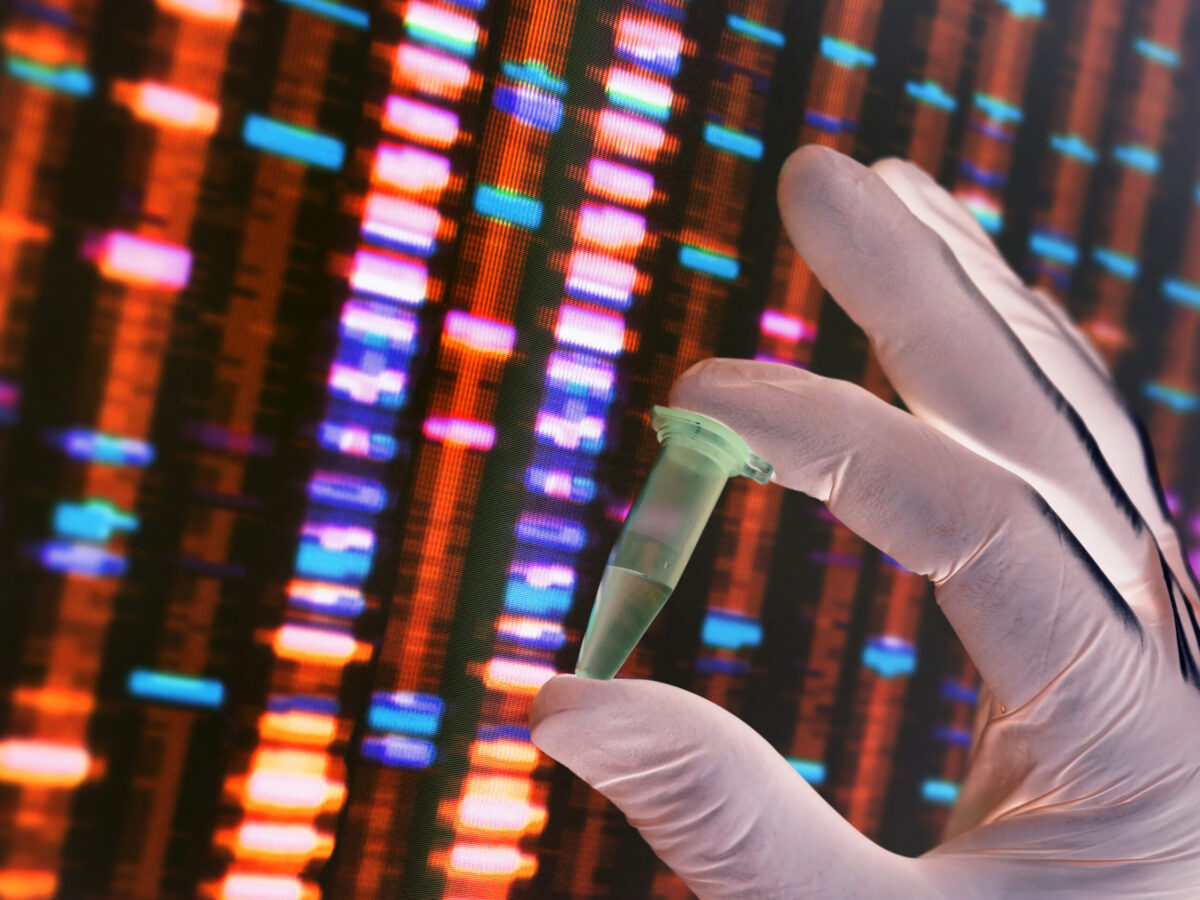For the first time, the FDA has approved a cancer treatment for solid tumors based on the presence of a biomarker, as opposed to specifying a tissue of origin. Merck’s Keytruda has been granted accelerated approval by the regulator, to treat pediatric and adult patients whose unresectable tumors display the microsatellite instability-high (MSI-H) biomarker.
Also known as mismatch repair deficient (dMMR), this biomarker has been identified in a number of cancer types, including colorectal, gastrointestinal and endometrial cancer. The approval means that a variety of patients with metastatic solid tumors which may have progressed following previous treatment, could be eligible for treatment with Keytruda.
“This is an important first for the cancer community,” said Dr. Richard Pazdur, acting director of the Office of Hematology and Oncology Products in the FDA’s Center for Drug Evaluation and Research and director of the FDA’s Oncology Center of Excellence. “Until now, the FDA has approved cancer treatments based on where in the body the cancer started—for example, lung or breast cancers. We have now approved a drug based on a tumor’s biomarker without regard to the tumor’s original location.”
The MSI-H and dMMR mutational biomarkers affect the cell’s ability to correct mismatches in the DNA that can lead to unregulated cell division and the development of cancer. As a PD-L1 inhibitor, Keytruda blocks a cellular pathway to enable the immune system to target and destroy cancerous tumors.
Keytruda has previously been approved by the FDA for a number of indications, including in the treatment of metastatic non-small cell lung cancer, metastatic melanoma and refractory classical Hodgkin lymphoma, among others. In 2016, sales of Keytruda totaled $1.4 billion and the expanded indication is expected to further increase this number.
“The FDA’s approval of this new indication for Keytruda further supports Merck’s commitment to helping people with difficult-to-treat cancers,” said Dr. Roger M. Perlmutter, president, Merck Research Laboratories. “We are thankful to the researchers, as well as the patients and their families who helped make today’s approval possible.”
The approval represents a paradigm shift in the way doctors, regulators and pharmaceutical companies are classifying and treating cancer. As our understanding of the genomics of cancer continues to improve and more biomarkers are identified, immuno-oncology and personalized medicine will likely preplace some of the more general cancer drugs used to treat the disease today.












Join or login to leave a comment
JOIN LOGIN